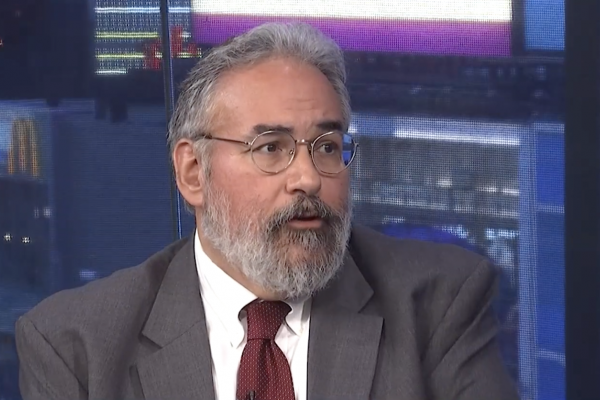Jan 6, 2020
In 2008 Rabbi Brad Hirschfield published You Don’t Have To Be Wrong For Me To Be Right: Finding Faith Without Fanaticism. In this book, he talks about his own first-hand experience of falling into fanaticism and what it took for him to climb out of it. I was fascinated by this perspective then, and given what’s happening in our world today, I’m even more fascinated by it now.
Read the Full Article

Already a subscriber? Login
